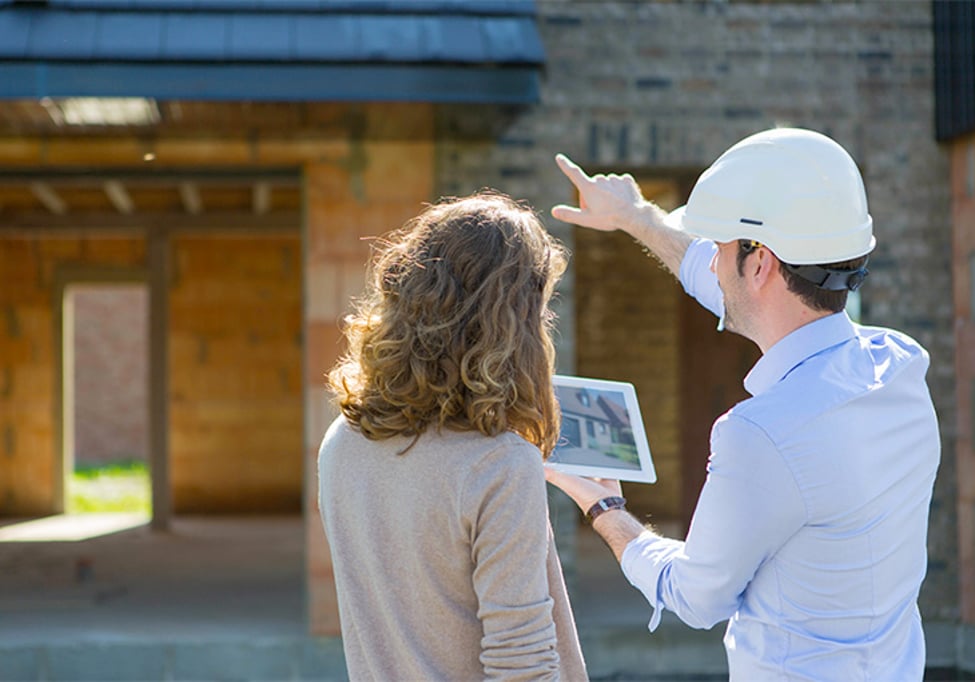Buying a home is one of the most significant investments you'll make in your lifetime. To ensure you’re making a sound investment, a home inspection is a crucial step in the home-buying process. Here’s why a home inspection is vital when purchasing a home.
1. Uncover Hidden Issues
Identify Potential Problems
- Structural Integrity: A thorough inspection can reveal issues with the foundation, roof, and structural components that may not be immediately visible.
- Plumbing and Electrical Systems: Inspectors check for outdated or faulty wiring and plumbing issues, which can be costly to repair.
- HVAC Systems: Ensuring the heating, ventilation, and air conditioning systems are in good working order can save you from unexpected repairs.
Tip: Addressing these issues before finalizing the purchase can prevent expensive surprises down the line.
2. Safety Concerns
Ensure the Home is Safe
- Mold and Mildew: Inspectors look for signs of mold, mildew, and water damage, which can pose health risks.
- Asbestos and Lead: Older homes may have asbestos insulation or lead-based paint, which require special handling and remediation.
- Fire and Carbon Monoxide Hazards: Ensuring smoke detectors, carbon monoxide detectors, and fire safety measures are in place is essential for your family’s safety.
Tip: An inspector can provide a list of safety issues that need immediate attention to make the home safe for occupancy.
3. Negotiating Power
Leverage Inspection Findings
- Price Adjustments: If the inspection reveals significant issues, you can negotiate a lower purchase price to account for necessary repairs.
- Repairs Before Closing: You can request the seller to make repairs before the sale is finalized.
- Walk-Away Option: If the inspection uncovers major problems, you may decide to walk away from the deal, saving yourself from a bad investment.
Tip: Use the inspection report as a bargaining tool to ensure you get the best possible deal.
4. Budgeting for Future Repairs
Plan for Maintenance Costs
- Immediate Repairs: The inspection report will highlight any immediate repairs that need to be addressed.
- Future Maintenance: Understanding the condition of the home’s systems and components can help you budget for future maintenance and replacements.
Tip: Knowing what repairs are needed can help you prioritize and plan your finances accordingly.
5. Peace of Mind
Confidence in Your Purchase
- Informed Decision: A home inspection provides a comprehensive overview of the property’s condition, helping you make an informed decision.
- Reduce Anxiety: Knowing that a professional has thoroughly inspected the property can reduce anxiety and provide peace of mind.
Tip: Even if no major issues are found, the reassurance that the home is in good condition is invaluable.
6. Insurance and Financing
Facilitate the Buying Process
- Insurance Requirements: Some insurance companies require an inspection before issuing a policy to ensure the home meets their standards.
- Lender Requirements: Many mortgage lenders require a home inspection as part of the loan approval process to protect their investment.
Tip: A home inspection report can help expedite the insurance and financing processes, ensuring a smoother transaction.
Conclusion
A home inspection is a critical step in the home-buying process that provides a clear understanding of the property’s condition, ensures safety, offers negotiating power, helps with budgeting, provides peace of mind, and facilitates insurance and financing. Skipping this step can lead to costly repairs and regrets. Investing in a professional home inspection is a wise decision that can save you time, money, and stress in the long run.

